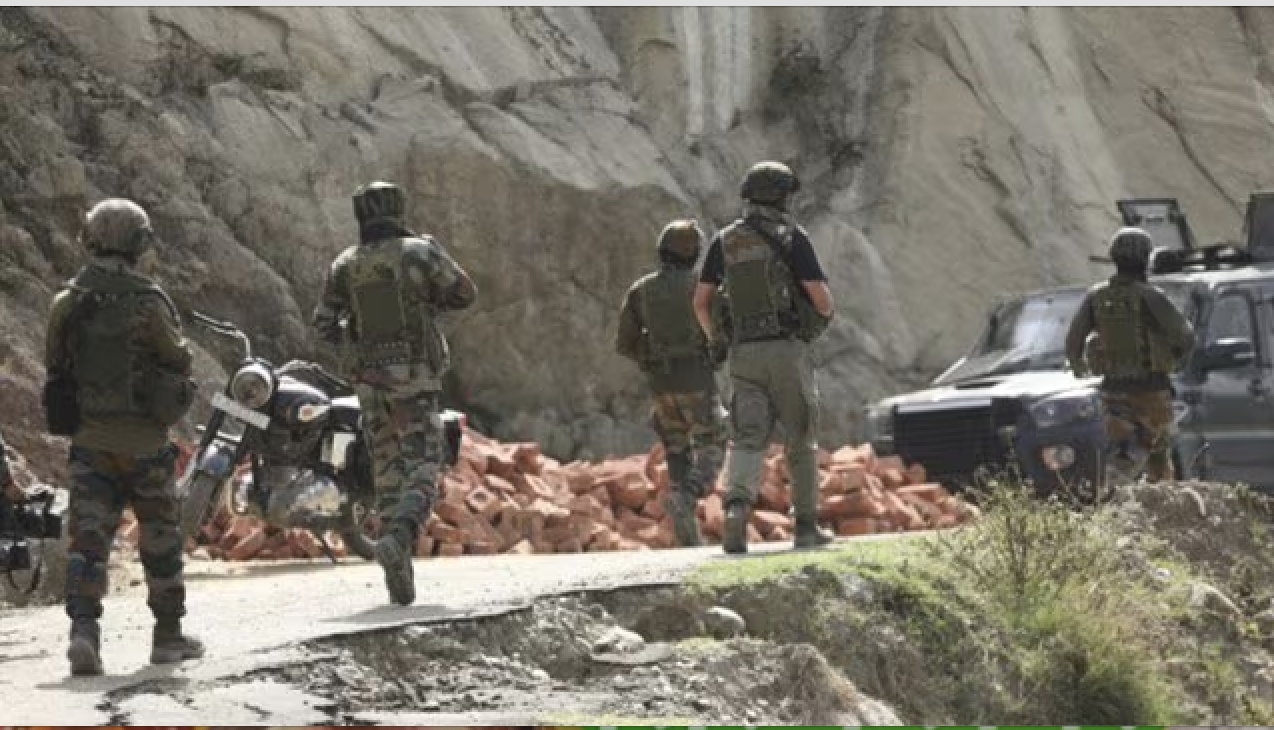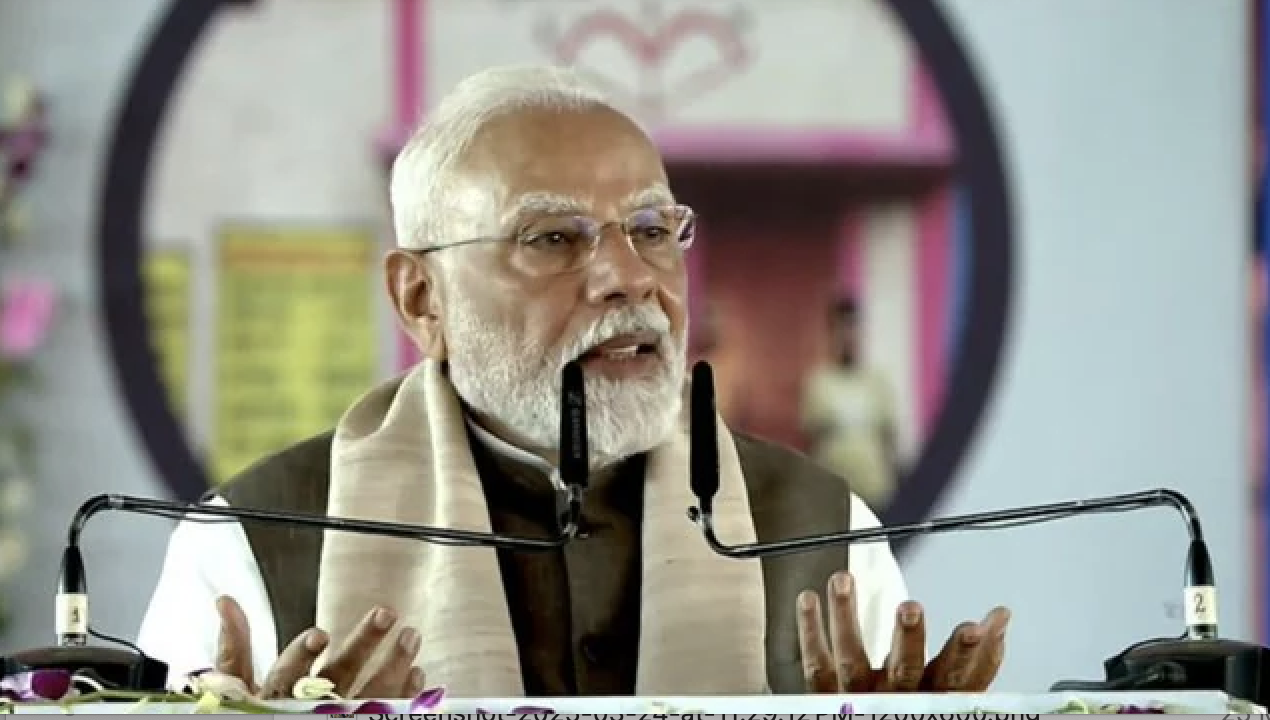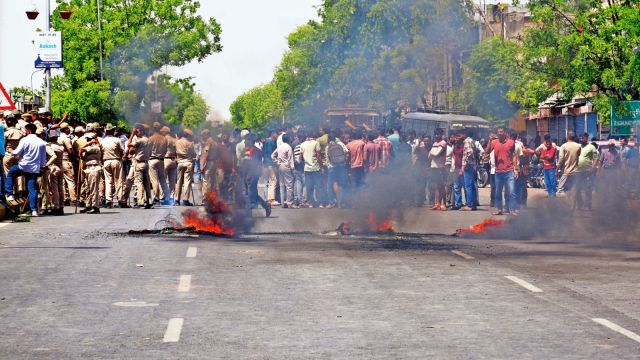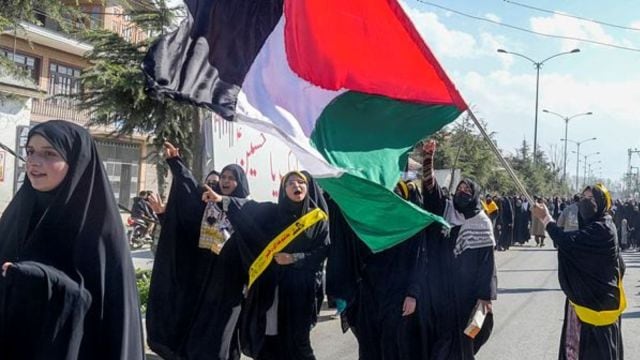
BY Sanjiv Krishan Sood
Last week, the Indian Express published two news stories side by side. The headline of the first one quotes Suraj Pal Singh Amu, the Haryana BJP spokesperson and Karni Sena chief as saying: “If you want to make history, Taimur, Aurangjeb, Babur won’t be born.” The other headline was in total contrast to what Amu says. It quotes Mohan Bhagwat, the RSS chief, as saying: “If a Hindu says that no Muslim should live here, that person is not Hindu.”
Amu is known for his communal bigotry and rabble rousing statements like the death threats to actor Deepika Padukone for her part in the movie, Padmavati which was later renamed as Padmaavat, and such statements can be expected from him especially when he has de facto state protection.
However, the statement of Mohan Bhagwat was surprising. He goes on to say: “Those who are indulging in lynching are going against Hindutva. Law should take its own course against them without any partiality.”
The Rashtriya Swayamsevak Sangh, or RSS, the parent organisation of the Bharatiya Janata Party, is not exactly known for advancing the cause of communal harmony. Many of its members are known for their trenchant support to the idea of “Hindu Rashtra”. They regularly demonise minorities, especially Muslims, on various counts including their eating habits and, lately, with the made-up theory of “love jihad”.
I have first-hand experience of the Sangh’s myopic thought process after interacting with one of its subsidiaries (to which I was invited to give a presentation on border management), which was supposedly aimed at identifying the problems of the border population but was actually more interested in their religious profiling.
The RSS is trenchantly an anti-minority organisation. People belonging to this organisation have not only been making anti-minority statements but many also openly advocate violence against them. The hate speeches by Amu and the Jamia shooter are thee before us. Several reports suggest that Hindutva activists were involved in fomenting the Northeast Delhi riots of 2020. However, the RSS and Bhagwat have maintained a stoic silence about several instances of atrocities against Muslims.
The RSS has never in the past seven years spoken a word against cow vigilantes involved in the lynching of Muslims for something as common as transporting cows from one place to another. The adverse effect on the social fabric of the country is for everyone to see. The amount of hatred towards Muslims in the seven-year rule of the BJP led by a sangh pracharak is palpable.
However, it has now reached a stage where it is proving to be counterproductive, especially in the absence of any concrete proof of improvement in the lives of masses. While what Bhagwat said is a welcome departure from what the others have been saying, one cannot ignore the context in which these remarks have been made.

A representative image of the RSS. Credit: PTI
Changed political scenario
The sudden change of heart in my view is directly related to the changed political scenario and perhaps an internal assessment by the RSS pointing toward an impending loss of political power in Uttar Pradesh – the largest state and also the crucible of the Hindutva ideology of hatred towards minorities. The loss of West Bengal despite the BJP’s communal electioneering has shown that the discerning citizen understands that while religion is important in their lives, it is survival and the availability of the basic needs which is more important.
In 2019, the BJP got a mandate larger than 2014 because the common man thought that a five-year term was too small to implement the agenda of “sabka vikas” and the party deserved a longer tenure to show results. The common man got taken in by the propaganda against previous governments of ‘minority appeasement’ and saw a messiah in Modi who was setting things right for the majority Hindu community. The BJP also had the advantage of being first off the block in utilising social media to its advantage. Their fortunes in 2019 were further helped by the unfortunate Pulwama bombings and the follow up incidents.
The social media advantage has now almost been blunted with opposition parties fast catching up and several fact-checking sites debunking false propaganda. The credibility of prominent TV channels is at the lowest ebb as was apparent during the anti-Citizenship Amendment Act (CAA) movement and also during elections in Bengal. The opposition also appears to be a little more organised to project an alternative narrative.
The lower- and middle-income groups continue to face a bleak future even after seven years of BJP rule. Rising unemployment and economic slowdown due to various factors with the second-highest employment generator – the realty sector – which was already reeling under the impact of demonetisation and the rollout of goods and services tax (GST), now facing the COVID-19 impact. High cost of fuel is the main contributor to inflation. The poor are hit by both high prices and a fall in real income. The manufacturing, retail business and inter-state movement of goods is severely affected by the poorly implemented GST.
Adding to the woes has been the dismal handling of the pandemic in the last two years. A poorly planned and hurriedly implemented nationwide lockdown in 2020 filled the roads with lakhs of people struggling to reach their homes. Total stoppage of transport of any kind forced them to walk thousands of miles, with many of them dying on the road.
Premature declaration of victory against the virus, utter failure to anticipate and prepare for the second wave which led to thousands of avoidable deaths and scenes of corpses abandoned in rivers has angered many amongst even strong supporters of the BJP.
The BJP’s insensitive handling of the farmers’ agitation and its failure to address their genuine concerns has united the masses despite the usual religious and caste divisions. Religious polarisation, therefore, may no longer be effective in garnering votes. The West Bengal assembly polls also established beyond doubt that Muslims almost totally voted as a block for whomsoever they thought will protect them against the communal politics of the BJP.
The sarsangchalak, therefore, has perhaps realised that in order to retain power in Uttar Pradesh, the BJP will need votes from all communities. The landslide victories of 2014, 2017 and 2019 are no longer guaranteed. With large states like West Bengal, Maharashtra and Rajasthan having been lost to opposition, the loss of Uttar Pradesh will sound a death knell for Hindutva protagonists. Hence the outreach.
The outreach by Mohan Bhagwat even though welcome is unlikely to have any effect on ground as the foot soldiers of the BJP and the RSS are too full of hatred towards Muslims. His statement is aimed only at addressing political concerns and does not reflect change of heart or deviation from communal ideology.
This story first appeared on thewire.in






